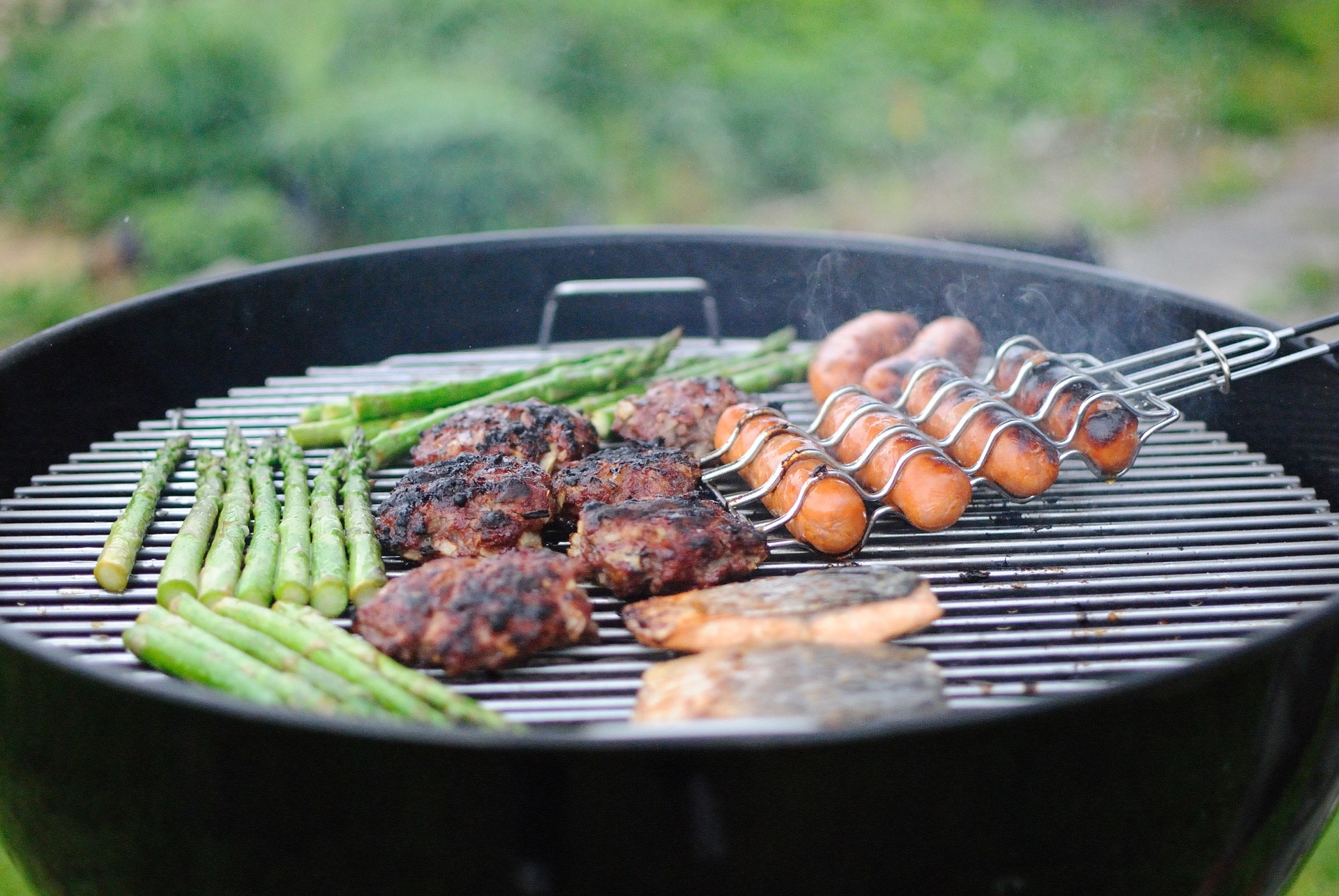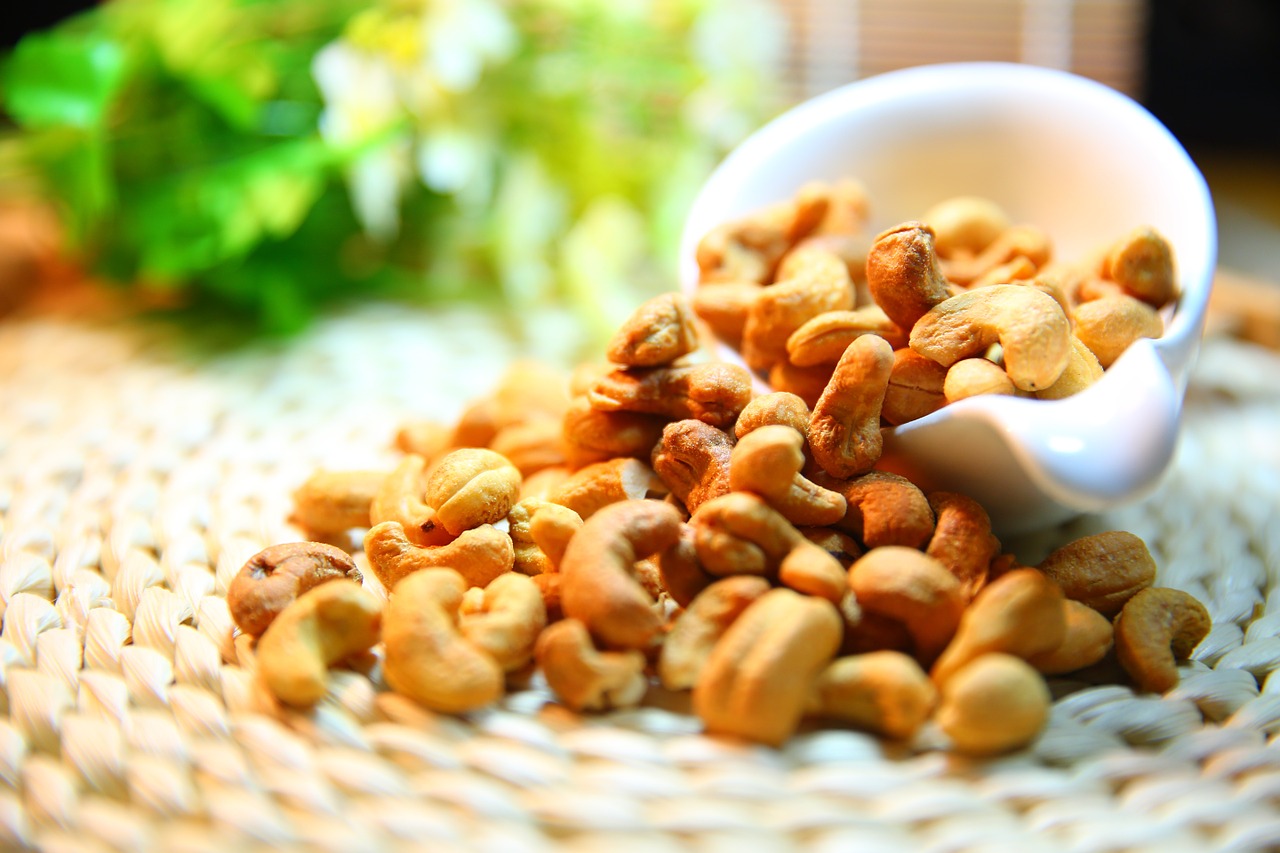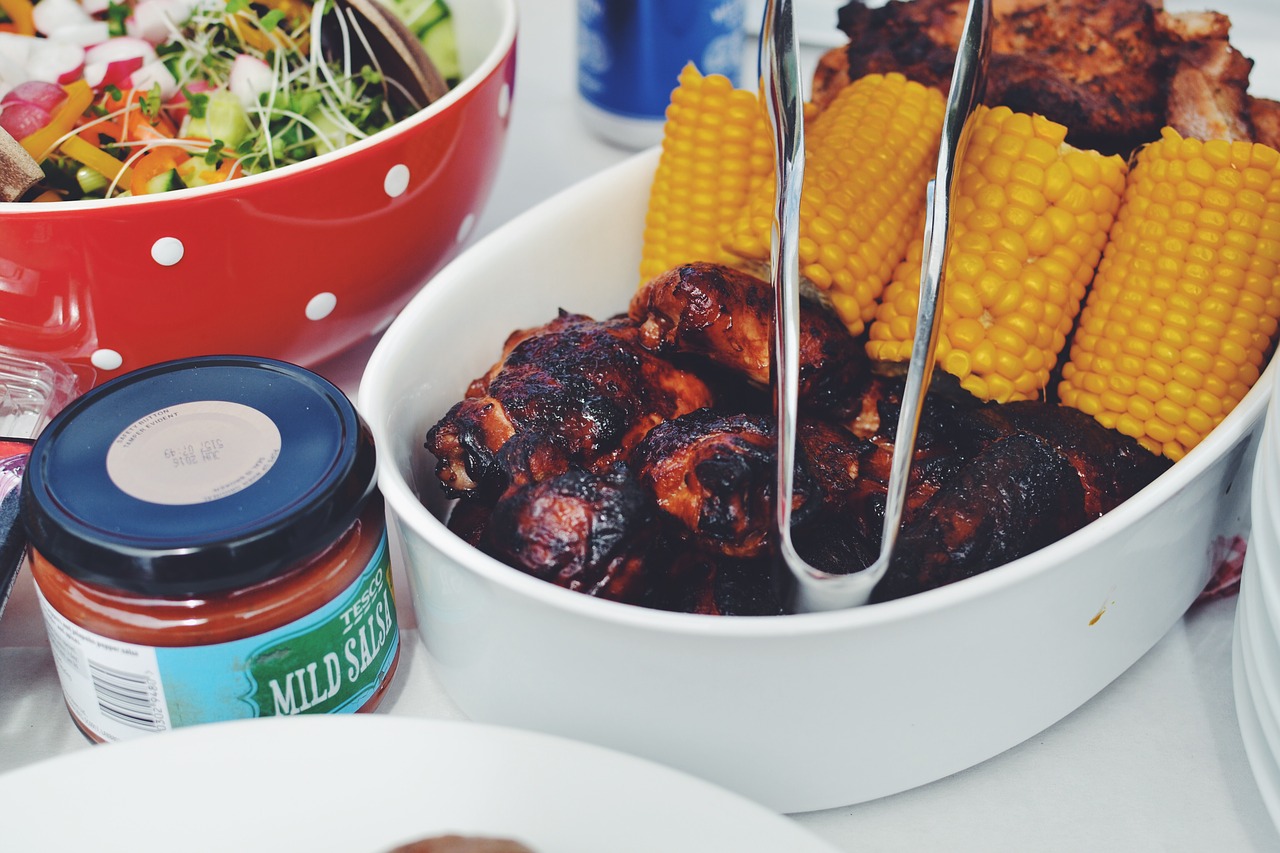The Paleolithic diet continues to increase in popularity, and more and more companies are getting in on the action with Paleo-friendly meals and snacks. Sometimes also called the “primal diet” Paleo is an elimination-based lifestyle that harkens back to the eating habits of early humans.
Before humans adopted agriculture, they only ate what they could hunt or scavenge. And that meant foods varied greatly, depending on where these people were and what happened to be available. The Paleo theory holds that modern humans’ chronic disease and systemic inflammation is caused by an agricultural diet that we haven’t yet evolved to eat.
Sound reasonable? Or a little wacky? You’re in good company, either way. The Paleo diet has some extremely devoted advocates, as well as staunch critics. And both sides have reasonable points. In this article, we’ll break down the pros and cons of the Paleo diet. But first, a little background about what it means to dine caveman-style.
Understanding Paleo-friendly foods
The strictest adherents to the Paleo diet only eat locally farmed meat, fish, and fruits and vegetables. But many are more relaxed about how far their food travels and will shop for Paleo foods at any grocery store.
For most people, the contemporary version of the Paleo diet means not eating processed meats, grains, sugars, or dairy. The vegetables you do eat will be the ones early humans were likely to find naturally. Corn, beans, and potatoes are associated with agriculture, so they’re off the menu.
Since modern humans have access to virtually any food from around the world, the contemporary Paleo diet probably seems like heaven compared to what our ancestors ate. Fish, pork, beef, and poultry are all mainstays of the Paleo diet. However, one caveat is the quality of the meat. A lot of modern meat cuts are filled with hormones, nitrates, and other additives that are totally unlike anything our ancestors would eat.
Many Paleo devotees avoid these meats, and shop for whole cuts of grass-fed beef, nitrate-free bacon, and wild-caught fish. Organ meats are loaded with nutrients, but overdoing them can lead to gout. Be sure to drink a lot of extra water to help your body process all the additional fat and protein.
The Paleo diet is not a low-fat diet, and lean meats are discouraged. While the diet isn’t necessarily a low-carbohydrate diet, you will likely get far fewer calories from carbs than you’re used to. Grains, processed sugar, and heavily refined vegetable oils and margarine are all byproducts of industrial agriculture, so you’ll cut them out, too.
Fruits and non-starchy vegetables (like leafy and cruciferous veggies) are eaten in abundance. Nuts and seeds can also make good snacks to power you up through the day. Cooking is done with healthy fats like olive oil, coconut oil, or sometimes with bacon fat or lard.
If you’re thinking about going all-in on the Paleo diet, you should thoughtfully consider all the risks and benefits to decide if it’s the right choice for you. And you should absolutely consult your doctor about any change in your diet, especially if you have a history of heart disease, kidney problems, or if you have diabetes.
Ready to dig in? Let’s explore the advantages and disadvantages of eating Paleo.
Paleo diet review: Pros and cons
Paleo Diet Pros
- Weight loss
Studies have shown a weight loss effect and some additional research has demonstrated that Paleo has a positive impact on patients with diabetes and heart disease.
- Fewer inflammatory foods
Studies have shown that cutting sugar and white bread from your diet is extremely beneficial. This is a major benefit of Paleo, as refined grains and sugars are associated with a large number of health problems, including cancer, cardiovascular disease, type 2 diabetes, and obesity.
- Less dairy
Avoiding dairy is linked with a lower risk of cancer. While dairy products are a major source of calcium and vitamin D for many Americans, they may not have the bone benefits many people imagine.
- Better fatty acid ratios
By eliminating heavily processed vegetable oils and eating more fish, you can reduce a common imbalance in your omega fatty acids intake. This, in turn, can reduce your risk of chronic disease. Even the grass-fed beef you eat has a much better Omega 3-6 balance than the factory-farmed beef that is more common in the American diet.
- More fruits & veggies
Increasing the number of fruits and vegetables you eat also has a significant impact on your overall health. Many fruits and veggies are nutrient-dense foods that offer high levels of essential vitamins and minerals, as well as fiber to boost your digestion and reduce your appetite. Of course, that only works if you’re eating more than plates full of meat.
Paleo Diet Cons
- Paleo is expensive
One of the first cons you will likely notice is the cost of your groceries. Eating tons of meat gets expensive quickly, especially when you’re choosing all-natural, hormone-free meat and wild-caught seafood. While you can shop smart on the Paleo diet, you should still be prepared for a higher grocery bill.
- Paleo takes a lot of time
Prepping food will also take up a lot of your time. Many packaged foods are filled with added sugar, preservatives, and artificial sweeteners. Most restaurants use vegetable oil or butter to cook with, so even if the menu makes a dish look Paleo, you’ll have to be vigilant every time you eat out.
- There are serious health risks
Low carb intake can lead to ketosis, which can easily cause dehydration if you’re not drinking plenty of water. This can cause a lot of discomfort (e.g. headaches, dizziness, nausea) in the short term. And in the long term, eating the high amount of protein and saturated fats in the Paleo diet can lead to kidney problems, cardiovascular disease, and an increased risk of cancer.
- Vitamin & mineral deficiencies
Because the Paleo diet is so restrictive, you may miss out on some key vitamins and minerals. Calcium and VItamin D deficiencies, in particular, are associated with the Paleo diet.
The bottom line
If you’re sizing up the Paleo diet, there are major benefits to consider – and equally major drawbacks.
This isn’t entirely surprising, given that the theory Paleo is founded upon – that humans haven’t evolved for our modern agriculture-based diet – is itself controversial. Scientists have discovered evidence of humans eating starchy foods and grains long before the dawn of agriculture. Even the idea that grains cause inflammation is only partially accurate. In fact, consumption of whole grains may actually reduce inflammation.
Unfortunately, when it comes to specialty diets, this kind of confusion and dispute is par for the course. Nutrition science has only been around since the 1950s, and there have been many bumps in the road along the way. Advocates of almost any diet can find (or cherry-pick) research that backs up their claims – even if another fad diet is based on research that entirely refutes it.
Even so, there are some general principles behind Paleo that aren’t too controversial. it’s not a bad idea to limit the processed foods you eat, as you would on the Paleo diet. Choosing nutrient-dense foods (including things like sweet potatoes and beans that are taboo for the Paleo diet), is a lot better than mindlessly eating junk. If staying Paleo for a while helps you develop a taste for healthier foods, it may be worth it.
If all this ambiguity is giving you a headache, here’s some good news: You don’t need a diet to lose weight or get healthy! At Noom, we use a psychology-based approach to help you find a well-balanced diet and exercise routines that work for you. Our coaches will help you develop a plan for the big picture and break it into small, more achievable steps. Along the way, we can give you tips to break bad habits and support you when you’re struggling with motivation. Learn more about Noom today.




